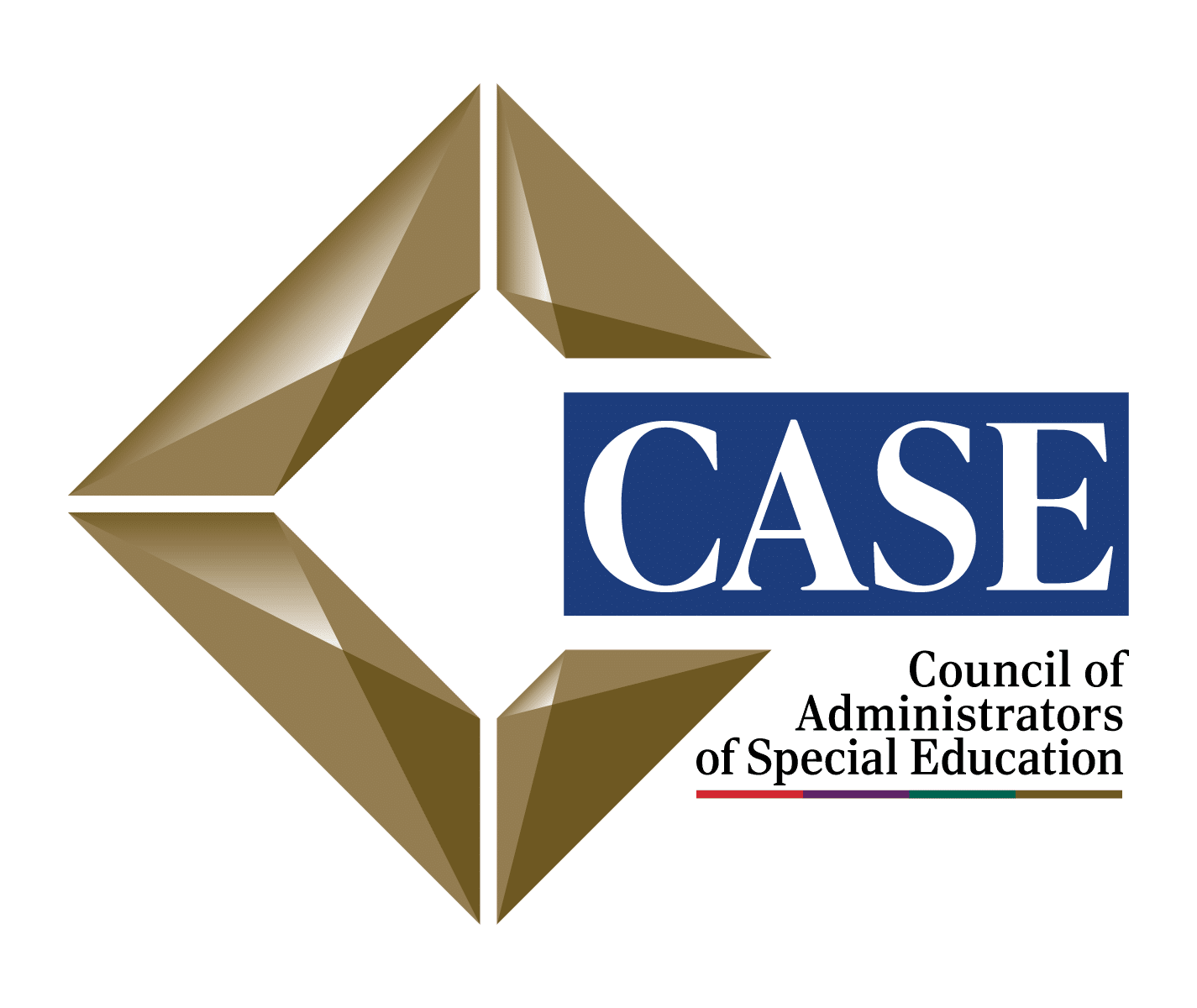This article is part of a series highlighting the presentations given at the 2021 eLumaNation Summit, held virtually September 30 – October 1, 2021.
This year at the 2021 eLumaNation Summit, we had the honor of hearing from Myrna Mandlawitz, M.ED, Esq, as she discussed the current state of education policies and politics in Washington, DC.
As the policy and legislative consultant to the Council of Administrators of Special Education and a long-time DC advocate, Myrna has a front row seat to current congressional action, along with a deep knowledge and a historical perspective on federal education policy and funding.
At eLumaNation, Myrna shared what’s happening at the U.S. Department of Education and Supreme Court, as well as insights into the intersection of policy and politics in the current Congress, with an eye toward the 2022 election season.
Going into the specifics, and looking at policy and politics: policy is when the government acts to improve citizens’ lives by creating statues, actions, and regulation that have a national impacts. Politics is more of the activities associated with the governance of areas, especially with debate or conflict of those having or hoping to achieve power. Myrna emphasizes strongly that one can not exist without the other. The public has a lot of opportunity to tell policy makers which policies they think are right, but it’s the politics that play into creating and implementing these policies.
When looking at current education policy, there are many issues happening today.
- First off, there are critical shortages among teachers, administrators, and paraprofessionals, and for the last 18 months, this continues to be very high on the agenda.
- Secondly, there are the ever-growing COVID-related issues. Things such as virtual vs. in-person vs. hybrid learning, connectivity and public health mandates.
- Third issue: the ongoing struggle of public vs. private education
With all the issues happening today, Myrna shares that it really comes down to two things: consistent education policy, and money.
According to Myrna, education policies should always put the students first, and should not be subject to political wind. Curriculum, instruction, access, and opportunities should be consistent across states and districts, regardless of the “demographics.”
In an ACG Advocacy poll conducted 4/30 – 5/7/21 that Myrna shared, nearly two-thirds of voters believe the US spends too little on education. Approximately 2% of the regular federal budget is currently spent on education. Federal funding has also been flat for nearly a decade across the continuum.
But there is hope! The Biden Administration is currently evaluating a plan that could increase federal education funding up to 41%.
With this in mind, we revisit our focus on the things that truly matter: being an advocate for our students. There are critical shortages in special education that need to be addressed in educational policies. With a continued push and focus on making sure these shortages are met, we are giving a voice to those who are unable to speak for themselves, and making sure that the policies and politics allow for these important changes to happen.
“This conference couldn’t be more timely with more federal education $$ on the table than we’ve seen in years. eLuma is leading the way as school districts reexamine education now and going forward.”
Myrna Mandlawitz
Follow Myrna on Twitter | Connect with Myrna on LinkedIn
About Myrna Mandlawitz
As president of MRM Associates, LLC, Myrna serves as the policy and legislative consultant to the Council of Administrators of Special Education. She has worked in Washington for close to 30 years as a consultant/lobbyist on special and general education law and policy. Myrna is a former president of the Committee for Education Funding, a coalition of over 100 national organizations focused on increasing the federal investment in education, and also serves as a co-chair of the National Alliance of Specialized Instructional Support Personnel. Her first position in Washington was as Director of Government Relations for the National Association of State Directors of Special Education. A native of Virginia, Myrna spent fourteen years as a classroom teacher and assisted in the development of Virginia’s program for infants and toddlers with disabilities. She holds a master’s degree in Early Childhood Education from Boston University and a law degree from Temple University.


